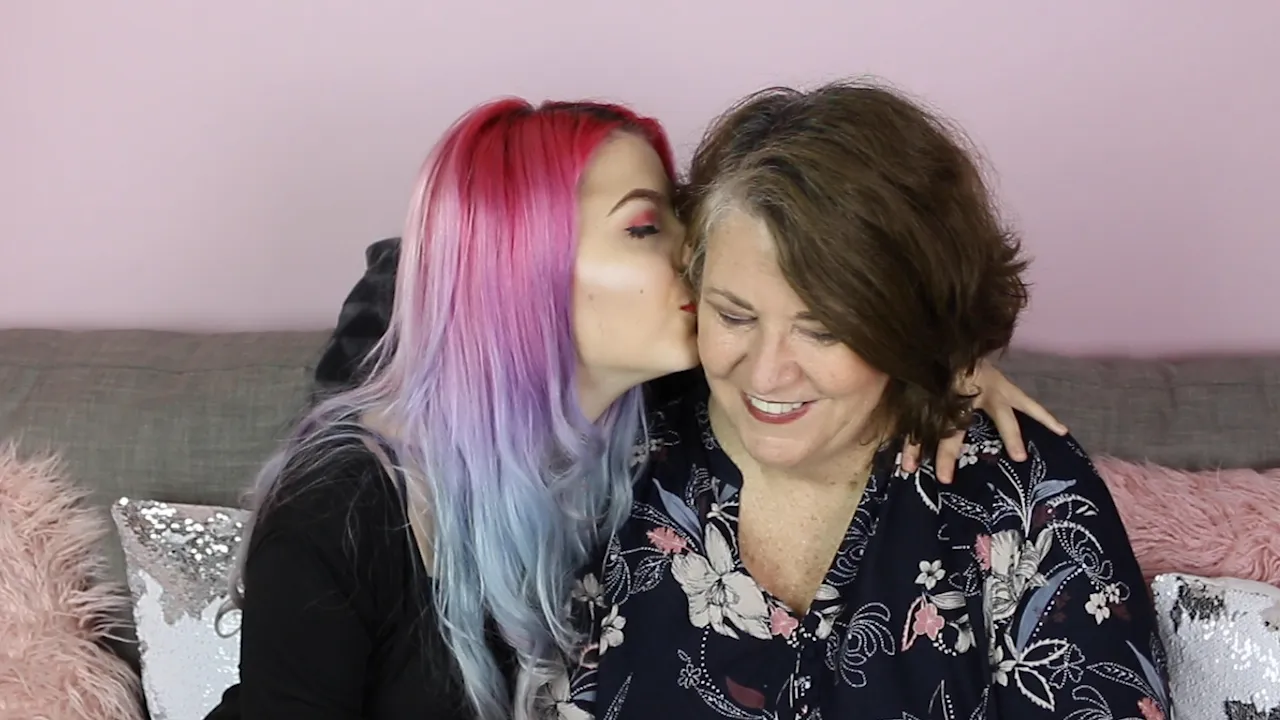Earlier voices and the relationship equivalence argument
L
isten to your parents. We were constantly trained this expanding upwards, yet we seldom performed therefore. We had our own way to carve down.
It’s not unusual in most degrees of community for all of us to generally speaking dismiss the views of the elderly. The argument and conversation across wedding Equality Postal research has observed no exception to this, with view becoming wanted from various young families and households that are probably regarded as being of an age which will be most afflicted by a general change in the Marriage operate.
We’ve heard certain elder voices being broadcast. They truly are, however, typically from people who would like to see marriage equivalence attained, so they really too may marry. For all, you will find a desperate sense of time running out. They’ve got waited many years.
Those against or ambivalent toward wedding commonly usually getting heard within discussion. I am aware this. Our company is fighting more difficult than ever for an outcome and generally are reluctant to add gas towards “No” flame, especially from our very own area.
Paying attention to their opinions really does, however, lead us to knowledge on the history of equal legal rights comprising the years, and really should not be left out your dialogue. In place of shrugging all of them down, maybe we are able to start looking at our elders through a lens which broadens all of our perceptions of our own set in the timeline of activism and equivalence. In this instance, maybe it’s time to pay attention to our very own parents.
I
n 2015, David Hardy released the stunning anthology
BOLD: tales of more mature gay, lesbian, bisexual, transgender and intersex people
. It permitted for tales are heard from all those who have been residing calmly for decades. We added to this collection of stories with an item on my precious friends Phyllis and Francesca. These females remain happy feminists, and from 1970 onwards, when they started existence collectively as a couple, they invested a great deal of time promoting lesbians who were getting a sense of that belong, and connections. Within my piece, We provide some perspective on the problems worth addressing compared to that generation of activists.
“â¦we should remember goals happened to be different to the lesbians of Phyllis and Francesca’s era. There are those maybe not promoting for relationship between same-sex lovers in 1970, many merely willing to increase the general public profile of lesbians and deal with the personal stigma attached⦠the objectives of the ALM (Australian Lesbian activity) and other homosexual and ladies liberation teams happened to be greatly dissimilar to numerous organisations today with an existing concentrate on wedding equality.”
Just what were the opinions towards matrimony much more generally? Lots of have reflected that wedding ended up being seen as a failed and impaired institution, but also as a symbol of women’s inequality in society. Not just happened to be numerous lesbians against traditional plans, but therefore also were feminists a lot more broadly, no matter their own sexuality. When I learned:
“Lesbians had been powerful causes in feminist motion in seventies, and matrimony was seen as symbolic of the oppression of women is put aside in addition to glory boxes and corsets.”
The fact our very own trans buddies are being left out associated with the legislative equation normally a stumbling-block for a lot of foes of matrimony inside our community, and I learn Phyllis and I have actually talked about this very issue. We dare state this must be our very own next mission.
Naturally, whilst we’ve got a great deal to educate yourself on from our LGBTIQ parents, esteem is a two way road and in addition we since more youthful queers have actually much to teach. So what does wedding mean to us? For most, it is a symbol of the conclusion heteronormativity while the finally unicorn of equality! Its a juggernaut that has now simply appear too far to allow it disappear into a political wasteland. We’ve endured a lot of misuse to allow it sleep.
H
ow we view all of our elders, as well as their experiences as well as their place in the queer area â and a lot more generally â deserves negotiating now.
Archer Mag
features, in concerted attempts to be including all, already been one platform that places the sex and relationships of elderly people during the limelight. The elders have actually a sex existence, they will have requirements, viewpoints and encounters that individuals should all fret with. After all, how we address the parents is a clear and stark peek into our personal futures. Would you like everything see?

If I could, I would pair right up more youthful LGBTIQ folks each with an elder mentor, since the advantageous assets to this commitment would be extensive for parties. We could possibly never like just what our elders reveal, however it is nonetheless worth a listen. Since marriage equality discussion wraps up, this will be a lesson we must learn for the future battles.
Belinda features a desire for storytelling and voiced word poetry, with a love of queer background and stories of identity, migration as well as the urban landscape. In 2014, she along with her spouse Cecile Knight released the self-published book CO_The Creative Couples venture. She’s got been released within the Victorian author, n-SCRIBE, Mamamia.com, writingqueensland.com and the 2015 anthology BOLD: tales from older lesbians, gay, bisexual, transgender and intersex men and women by David Hardy, printed by The Rag and Bone Man click, and interviewed on SBS Italian radio speaking about the Same Intercourse wedding postal vote as a queer Italian-Australian (shortly getting aired). In 2017, Belinda had been picked for all the operate Writers center HARDCOPY specialist development program for Non-Fiction on her current manuscript, the home with all the Columns.
